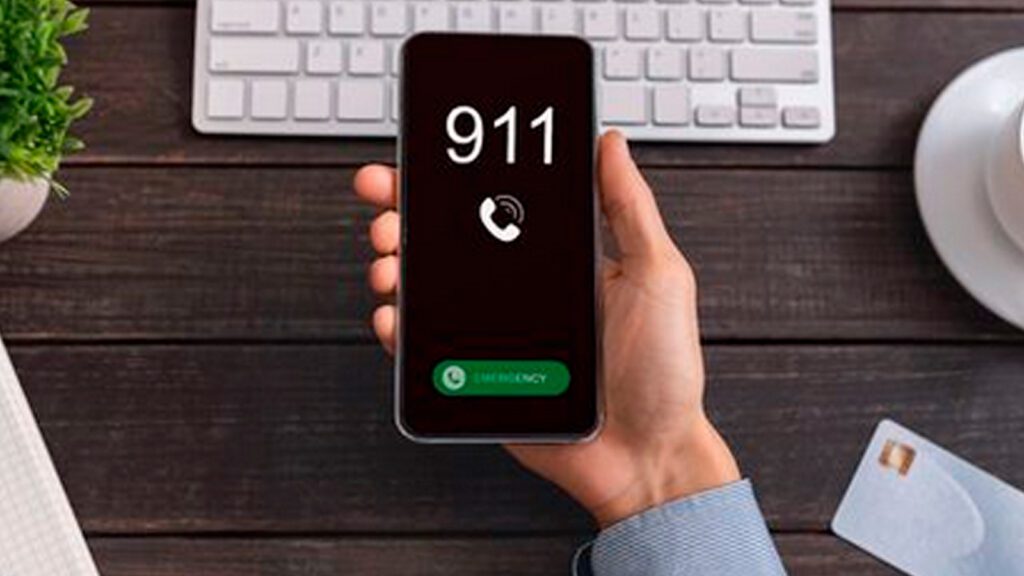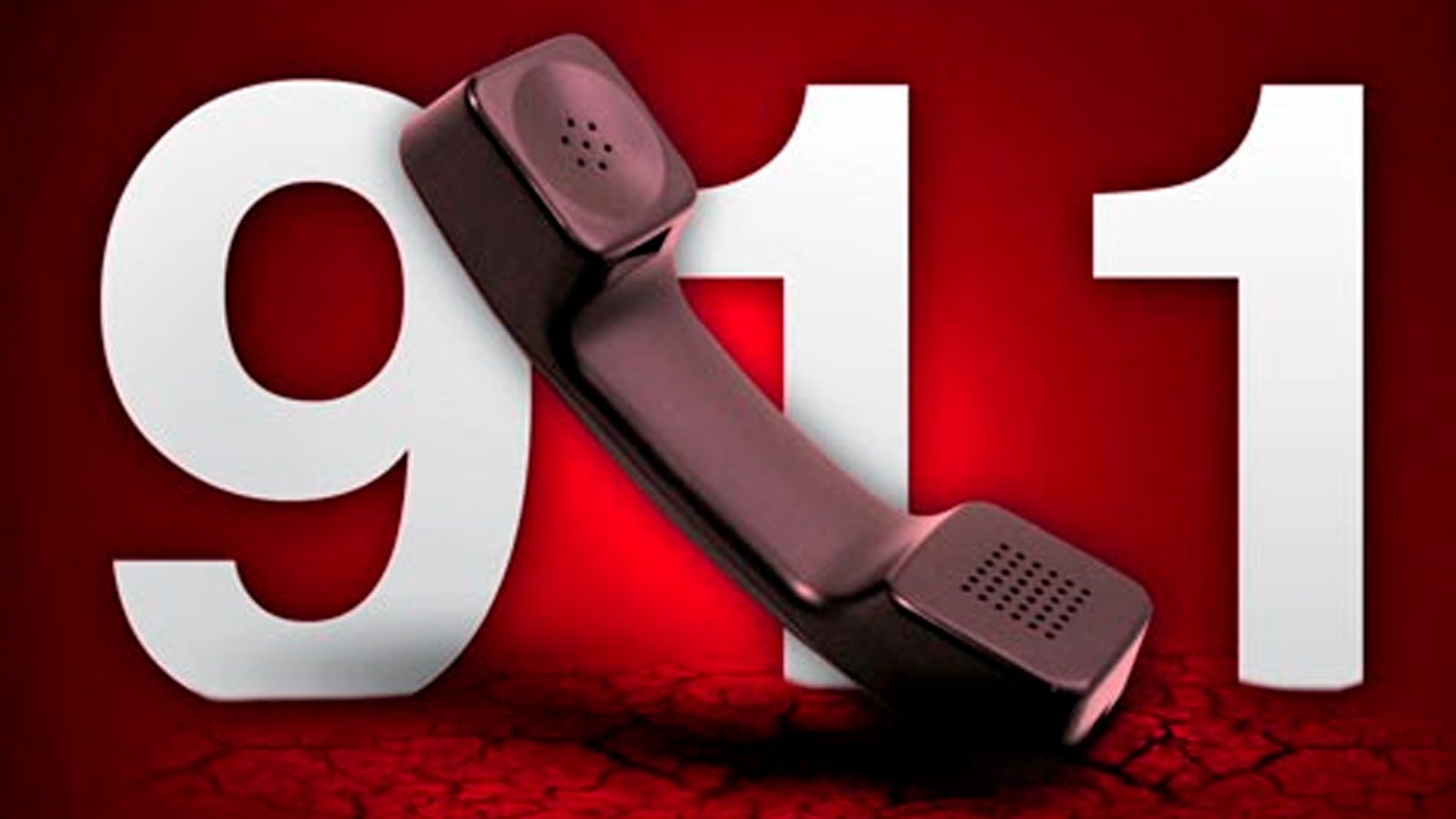By Elton Borgonovo, Vice President of Motorola Solutions for Latin America
The 911 emergency number has assumed a fundamental role in the safety and security of people all over the world. Ten years ago, this same number was added to the list of emergency contacts and public utility services in Brazil, meaning that the traditional numbers are still valid, but when you dial 911, the call is directed to the Military Police’s 190 number.
These services have evolved significantly to date. Each year, these centers receive millions of emergency calls that require an immediate response. To deal with this growing demand and improve the quality of service and response, it is now possible to implement new technologies based on an advanced technological infrastructure, supported by Artificial Intelligence (AI). Advances in AI will make it possible to significantly improve response and service capacity in critical situations.
Thanks to sophisticated algorithms and voice recognition systems, AI has the ability to quickly analyze the information provided by users and determine the severity of the situation. This makes it possible to allocate the necessary resources accurately and appropriately. In addition, AI can provide first aid instructions and basic safety measures while waiting for emergency professionals to arrive, providing complementary assistance to the people involved.
A crucial aspect is the use of geolocation technologies, which make it possible to track and determine the exact location of teams, even when they cannot provide accurate information. This feature is especially important in situations where every second counts, such as kidnappings, car accidents or catastrophic events. Thanks to this technology, professionals can be activated quickly and get to the right place without delay, thus increasing the chances of saving lives.
In addition, it is important to highlight why these technologies are needed today: according to official data from the Brazilian Public Safety Yearbook, a total of 45,951,363 calls were received on 190 in 2022 in Brazil. This figure explains the importance of the service and why new technologies are important to guarantee an effective and efficient response to such large volumes of requests for emergency services.

However, in addition to technological advances, it is important to bear in mind that the human factor remains fundamental in these situations. Call handlers play a key role in providing emotional support and making critical decisions based on their experience and judgment. Their training and skills are indispensable for effectively handling each call and providing the necessary assistance in times of crisis.
The combination of data collection and analysis, combined with effective communication between security agents, even in different locations, is what allows for an immediate response to the needs of the population. For the next stage, although it is ideal to look for comprehensive solutions, you can start by gradually implementing radios, video, cloud storage, AI, among other technologies, to have a complete 360° ecosystem.
Crime knows no borders, which is why there are now solutions that allow the integration of various security methods from different brands, manufacturers and institutions, thus making it possible to exchange resources and collaborate in the fight against crime.
Although there are many challenges in implementing this type of technology, governments at all levels in Latin America already recognize the importance of using technology in security matters, which in turn undoubtedly contributes to the region’s economic growth. It is therefore the ideal time for governments, in partnership with public and private companies, to initiate various actions and programs to make cities safer.
Technology has become a key ally in boosting the effectiveness of emergency call services, which has a positive impact on citizen confidence and the security of city facilities. It is important to mention that the success of these services also depends on the collaboration of the population. People should be aware of the importance of using the numbers responsibly, reserving them only for situations that require immediate assistance. It is also essential to provide operators with accurate and detailed information so that they can make informed decisions and provide the necessary assistance.
In conclusion, a single emergency number, supported by technology and Artificial Intelligence, has proven to be a crucial safety tool for countless people in Brazil. The ability to quickly analyze information, offer precise instructions and track the exact location of the caller has significantly improved response times and the success of operations. As technology continues to advance, it is essential to keep investing in improving services and ensuring efficiency at critical times. Collaboration between technology and the human factor is essential to guarantee a reliable and effective emergency system that protects and saves lives at all times.

Elton Borgonovo, Vice President of Motorola Solutions for Latin America
